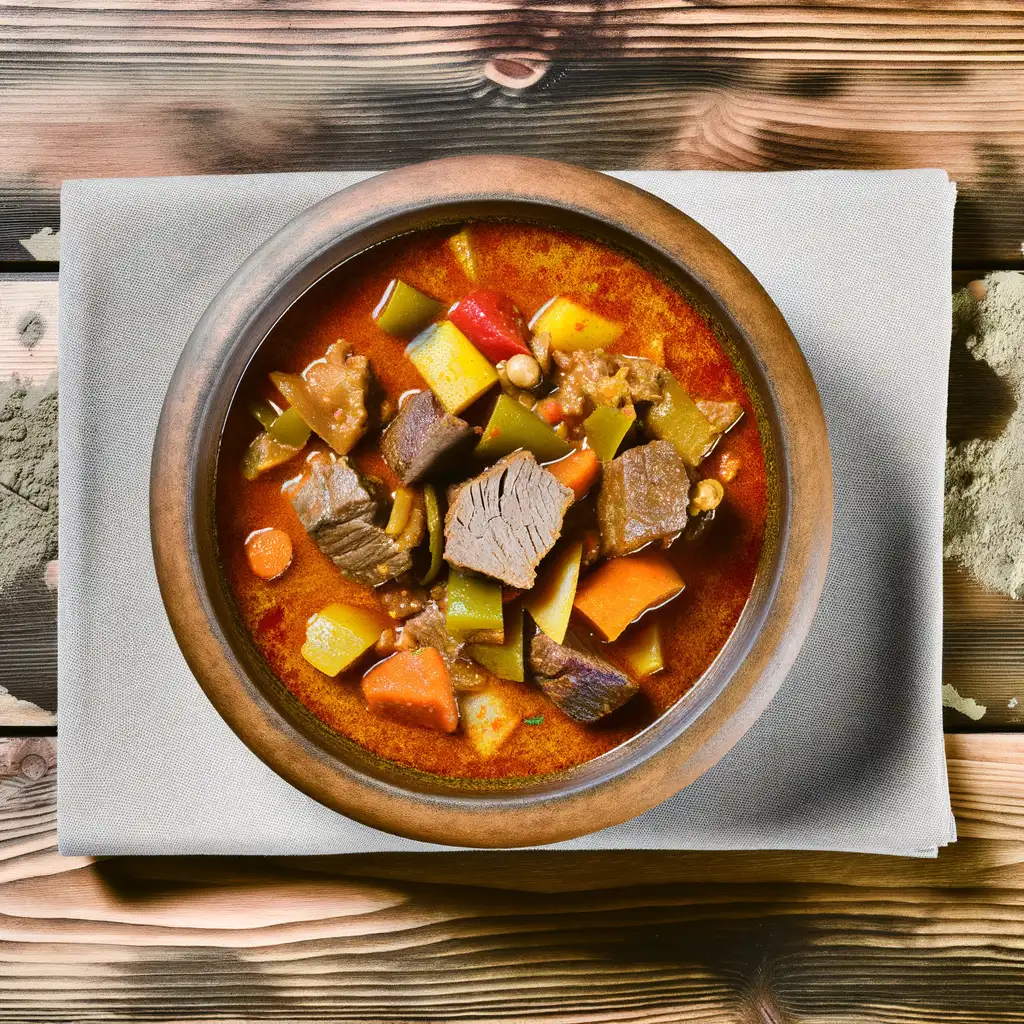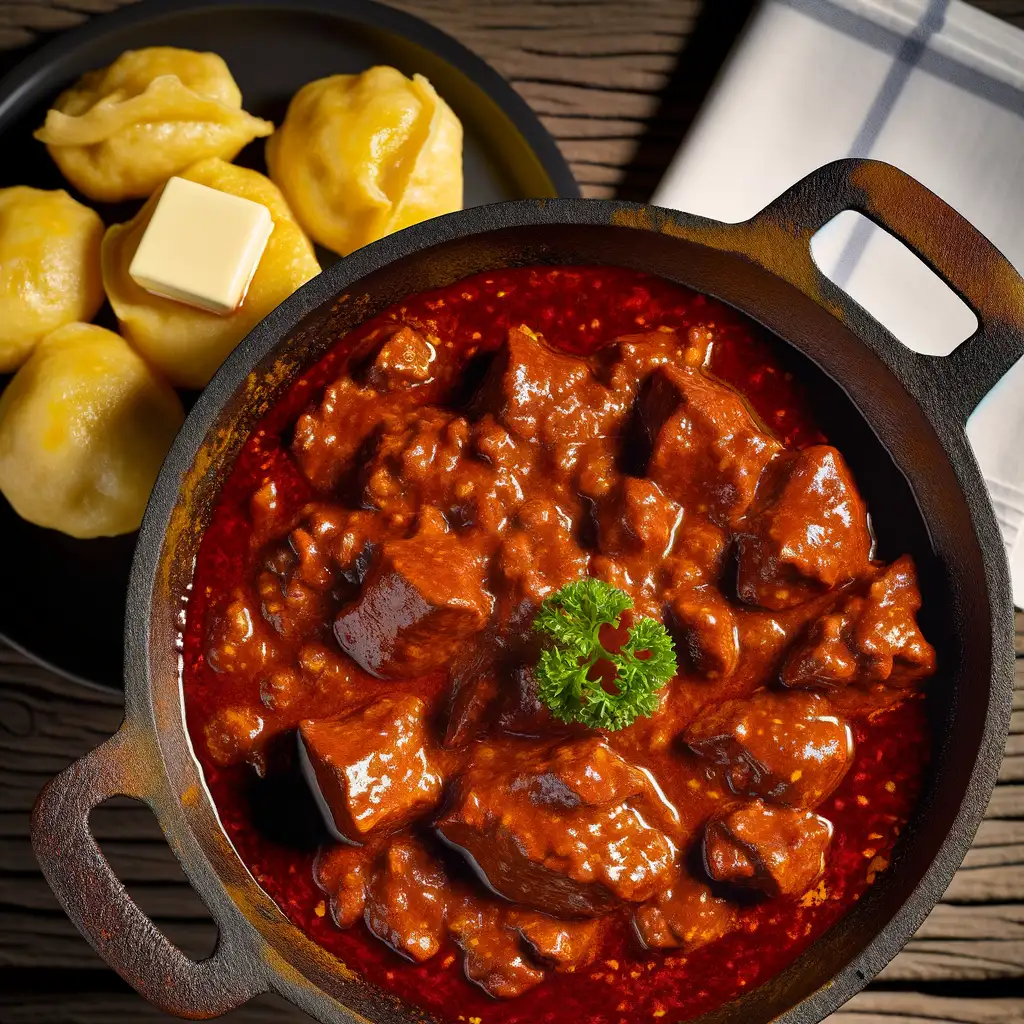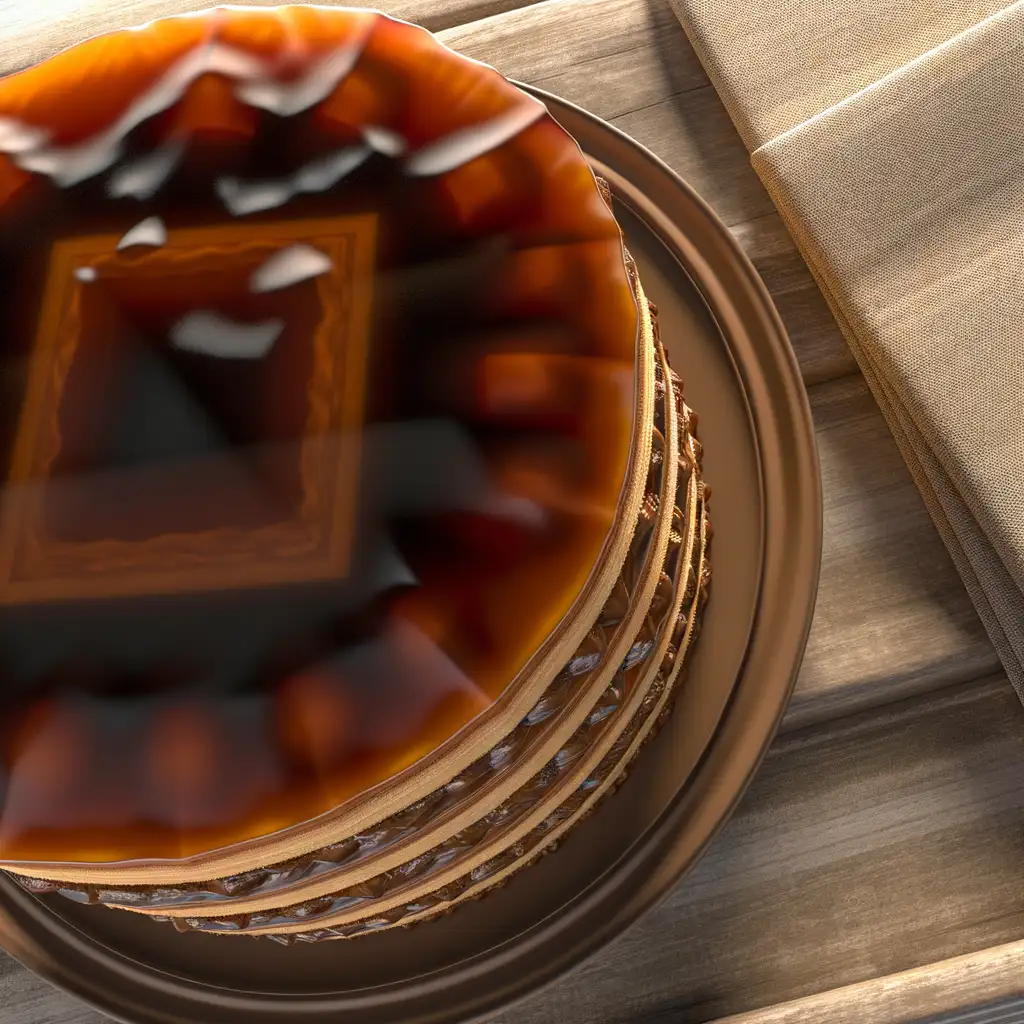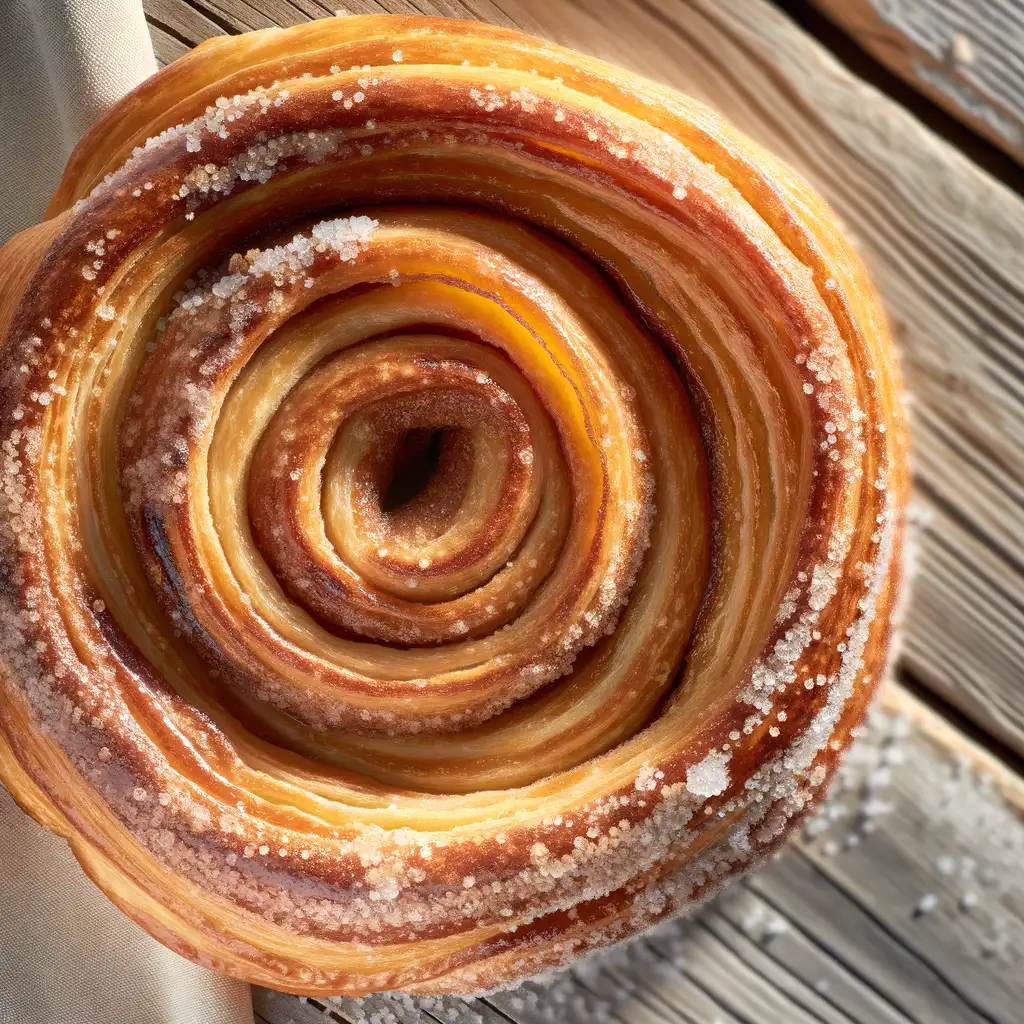



If you ever find yourself craving a place where the pace slows just enough to savor life’s simple pleasures,Balatonfüred is that kind of town. Nestled on the northern shore of Lake Balaton,it feels like a gentle embrace from nature and history combined. As you stroll along the lakeside promenade,the soft lapping of water mingles with the distant clink of wine glasses from cozy terraces. The air carries a subtle mix of fresh lake breeze and the faint,sweet scent of blooming chestnut trees,especially in spring and early summer. Balatonfüred has this charming,old-world elegance without ever feeling stuffy. The town’s heart beats in its lively markets,where locals chat animatedly over fresh produce and homemade pastries,and in the small cafés where you can sip a rich,velvety espresso while watching boats drift lazily across the shimmering water. The architecture is a delightful patchwork of pastel-colored villas and quaint,red-tiled roofs,each telling stories of a time when artists and writers found inspiration here. What really makes Balatonfüred stand out is its deep connection to Hungarian culture and wellness traditions. The mineral springs have drawn visitors for centuries,and you can still feel that healing energy in the air. Whether you’re cycling through vineyards,tasting crisp local wines,or simply watching the sunset paint the sky in hues of pink and gold,there’s a warmth here that stays with you long after you leave.
The information on this page is currently being reviewed by Tripkliq and should be used as a guide only
Eng word: Hello
Eng pronunciation: See-ya
Local language: Szia
Eng word: Goodbye
Eng pronunciation: Vees-laht
Local language: Viszlát
Eng word: Thank you
Eng pronunciation: Kuh-suh-nuhm
Local language: Köszönöm
Eng word: How much
Eng pronunciation: Men-yee-beh keh-rool
Local language: Mennyibe kerül
Eng word: Toilet
Eng pronunciation: Vay-tsay
Local language: WC
Eng word: Help me
Eng pronunciation: Sheg-eet-sheg
Local language: Segítség
Eng word: Yes
Eng pronunciation: Ee-gen
Local language: Igen
Eng word: No
Eng pronunciation: Nem
Local language: Nem
Eng word: Excuse me
Eng pronunciation: El-ney-zesht
Local language: Elnézést
Balatonfüred has a rich history dating back to Roman times. Archaeological findings suggest that the area was inhabited by Romans who appreciated its strategic location and natural resources.
The first written record of Balatonfüred dates back to 1211. The town was mentioned in a document as 'Füred,' indicating its long-standing historical significance.
Balatonfüred became famous in the 18th century for its medicinal waters. The town's development as a spa destination began in earnest, attracting visitors seeking health benefits.
The Anna Ball, first held in 1825, is one of Hungary's oldest and most prestigious social events. This annual ball continues to be a highlight of Balatonfüred's cultural calendar.
Opened in 1831, the Kisfaludy Theatre is one of Hungary's oldest theatres. It has been a cultural hub for the town, hosting numerous performances and events over the years.
In 1846, Lajos Kossuth, a prominent Hungarian statesman, visited Balatonfüred. His visit is commemorated by a statue in the town, symbolizing its historical importance in Hungary's national history.
The famous Hungarian writer Mór Jókai spent his summers in Balatonfüred. His villa, built in 1870, is now a museum dedicated to his life and works, offering a glimpse into the literary history of the town.
Established in 1912, the State Heart Hospital in Balatonfüred is one of Hungary's leading medical institutions. It has a long history of providing specialized cardiac care and contributes to the town's reputation as a health resort.
Founded in 1867, the Balatonfüred Yacht Club is the oldest sailing club in Hungary. It has played a significant role in promoting sailing and water sports on Lake Balaton.
In Balatonfüred, the most common Power Adaptor is Type C, Type F.



A hearty beef soup with vegetables and paprika, often considered a national dish of Hungary.

A rich meat stew, usually made with beef or pork, cooked slowly with onions, paprika, and other spices.

A deep-fried flatbread, often topped with garlic, sour cream, and cheese, popular as a street food snack.



A sweet, spiral-shaped pastry cooked over an open flame, often coated with sugar and cinnamon.

Stuffed cabbage rolls filled with a mixture of meat and rice, cooked in a savory tomato sauce.

A famous Hungarian dessert consisting of layers of sponge cake filled with chocolate buttercream and topped with caramel.

A traditional Hungarian fish soup made with freshwater fish, typically carp, and flavored with paprika and other spices.
Budapest feels like stepping into a storybook where history and modern life dance together effortlessly. The moment you stroll along the Danube River,with the majestic Parliament building glowing in the evening light,you sense a city that’s both grand and inviting. There’s a rhythm here—street musicians playing haunting melodies,the clinking of glasses in cozy ruin pubs,and the gentle splash of thermal baths that have been soothing locals for centuries. It’s a place where every corner whispers tales of empires past,yet pulses with youthful energy.
Wandering through the cobbled streets of the Castle District,you catch the scent of fresh pastries mingling with the earthy aroma of old stone walls. The vibrant markets buzz with vendors selling paprika,fresh bread,and sweet chimney cakes,tempting you to taste the rich flavors of Hungarian cuisine. Budapest’s character shines brightest in its contrasts:the elegant Art Nouveau cafés sit side by side with edgy street art,and the grand boulevards lead you to intimate courtyards where locals sip coffee and chat animatedly.
What makes Budapest truly unforgettable is how it wraps you in warmth—whether it’s the steamy embrace of a thermal bath on a chilly day or the friendly chatter in a bustling café. It’s a city that invites you to slow down,savor every moment,and discover stories hidden in its architecture,food,and people. Trust me,once you’ve felt Budapest’s pulse,you’ll carry a piece of it with you long after you leave.
Vienna feels like stepping into a living storybook where every street hums with history and charm. The moment you wander through its grand boulevards,you’re wrapped in a warm embrace of baroque architecture,cozy coffeehouses,and the gentle melodies of street musicians playing waltzes nearby. There’s a rhythm to the city — elegant yet inviting — where the past and present dance together effortlessly.
As you stroll along the Danube or through the lush gardens of Schönbrunn Palace,you catch the scent of freshly baked strudel mingling with the earthy aroma of roasted coffee beans from a nearby café. The city’s café culture is something special; sitting down with a slice of Sachertorte and a strong Viennese coffee feels like a small,delicious ritual. You’ll hear the soft clink of porcelain cups and the murmur of locals deep in conversation,making you feel instantly at home.
Vienna’s character is a blend of refined artistry and genuine warmth. It’s a place where grand opera houses and modern galleries coexist,and where the locals’ pride in their musical heritage is palpable. Whether you’re exploring the vibrant Naschmarkt with its colorful stalls or catching a live performance in a centuries-old concert hall,Vienna invites you to slow down,savor the moment,and soak in its timeless elegance.
Imagine stepping into a city where every corner feels like a scene from a timeless painting—Venice is exactly that kind of place. The moment you arrive,the gentle lapping of water against ancient stone buildings wraps around you like a soft melody. Instead of streets,there are winding canals,and instead of cars,gondolas glide silently beneath ornate bridges,their oars dipping rhythmically into the emerald water. The air carries a mix of salty sea breeze and the faint aroma of fresh espresso and baked pastries from nearby cafés,inviting you to slow down and savor the moment.
Venice has this magical,almost dreamlike quality. The light here is different—soft and golden in the mornings,casting long shadows on the labyrinth of narrow alleys and colorful facades. You’ll find yourself wandering without a map,getting delightfully lost among the bustling markets,where vendors call out in melodic Italian,selling everything from fresh seafood to vibrant Murano glass. The city’s rich history whispers from every corner,from the grandeur of St. Mark’s Basilica to the quiet charm of tucked-away piazzas where locals sip wine and chat as if time has paused.
What makes Venice truly unforgettable is its rhythm—slow,intimate,and deeply human. It’s a place where you can hear the laughter of children playing by the water,the clinking of glasses in cozy trattorias,and the soft hum of a street musician’s violin. Visiting Venice isn’t just about seeing a city; it’s about feeling its heartbeat,tasting its flavors,and becoming part of its endless story.
If you ever find yourself wandering through the sun-drenched streets of Dubrovnik,you’ll immediately feel like you’ve stepped into a living storybook. The city’s ancient stone walls rise proudly against the sparkling Adriatic,and as you stroll along the marble-paved Stradun,the salty sea breeze mingles with the scent of fresh pine and blooming bougainvillea. There’s a rhythm here—a gentle hum of life where history and modern charm dance together effortlessly.
Dubrovnik’s character is woven into every corner:the clatter of café cups,the murmur of locals chatting in cozy taverns,and the distant call of seagulls overhead. You can almost taste the city in the air—briny and fresh,with hints of grilled seafood and ripe figs from the markets. Sitting at a seaside restaurant,watching the sun dip behind the fortress walls,you’ll savor dishes bursting with Mediterranean flavors,paired with a glass of crisp Croatian white wine.
What makes Dubrovnik truly special is how it balances its rich past with a vibrant present. The city’s narrow alleys invite exploration,revealing tucked-away galleries,artisan shops,and lively squares where music spills out into the streets. Whether you’re tracing the footsteps of ancient mariners or simply soaking up the golden light on a quiet terrace,Dubrovnik feels like a warm embrace—inviting,timeless,and utterly unforgettable.
If you ever find yourself wandering the Dalmatian coast,Zadar is one of those places that sneaks up on you with its quiet charm and unexpected magic. The moment you step onto its ancient stone streets,there’s this warm,timeless feeling—like the city is gently humming a tune just for you. The salty breeze from the Adriatic mingles with the scent of fresh pine and blooming jasmine,wrapping around you as you stroll along the waterfront. It’s a place where history isn’t just in museums; it’s alive in the crumbling Roman ruins,the medieval churches,and the lively squares where locals gather to chat and sip coffee.
What really sets Zadar apart is its playful spirit. You’ll hear it in the waves as they dance through the Sea Organ,an extraordinary installation that turns the sea’s movement into haunting melodies. And just a few steps away,the Sun Salutation lights up the night with a mesmerizing display of colors,making the waterfront feel like a celebration of nature and art. Grab a seat on the stone benches,watch the sun dip below the horizon,and you’ll understand why Alfred Hitchcock once called Zadar the most beautiful sunset in the world.
The city’s vibe is relaxed but vibrant,with cozy konobas serving up fresh seafood and local wines that taste like the essence of the region. Whether you’re wandering through the bustling market,exploring narrow alleys,or simply soaking in the views from a café terrace,Zadar invites you to slow down,breathe deeply,and savor every moment.
If you ever find yourself wandering through Split,it’s like stepping into a living,breathing storybook where ancient history and vibrant modern life dance together effortlessly. The moment you stroll along the Riva promenade,the salty breeze from the Adriatic mingles with the aroma of fresh espresso and grilled seafood wafting from nearby cafés. Locals chat animatedly in the sun-dappled squares,their laughter blending with the distant hum of boats bobbing gently in the harbor. There’s a laid-back energy here that feels both timeless and alive,inviting you to slow down and soak it all in.
Split’s heart beats strongest in Diocletian’s Palace,a sprawling Roman fortress that’s less a museum and more a neighborhood where people live,shop,and gather. Walking through its ancient stone alleys,you’ll catch glimpses of colorful markets,artisan shops,and cozy taverns tucked into centuries-old walls. At night,the city transforms as lanterns flicker on,and the sound of live klapa singing—traditional a cappella harmonies—drifts through the air,wrapping you in a warm,soulful embrace.
What really makes Split unforgettable is how effortlessly it blends the old with the new. You can savor a plate of fresh octopus salad while watching fishermen haul in their catch,then wander to a rooftop bar for a cocktail as the sun sets behind the islands. It’s a place where every corner tells a story,every meal feels like a celebration,and every moment invites you to become part of its ongoing tale.
Tourists may be tricked into booking non-existent or substandard accommodations through fraudulent listings online.
Some currency exchange offices may offer poor exchange rates or charge high commission fees without clearly disclosing them.
Shops may sell low-quality or counterfeit souvenirs at high prices, claiming they are authentic or handmade.
Scammers may sell fake tickets for local attractions or offer non-existent tours to unsuspecting tourists.
Some restaurants in tourist-heavy areas may charge inflated prices or include hidden fees, such as service charges, without informing customers upfront.
Crowded tourist areas, such as promenades or markets, may attract pickpockets who target distracted visitors.
Unlicensed or dishonest taxi drivers may overcharge tourists by taking longer routes or not using the meter.
Hungary has strict laws regarding the possession, use, and distribution of drugs. The possession of even small amounts of illegal drugs can result in severe penalties, including fines and imprisonment. Tourists should be aware that drug laws are rigorously enforced, and it is advisable to avoid any involvement with illegal substances while in Balatonfüred.
In Balatonfüred, Hungary, smoking is generally prohibited in indoor public places, including restaurants, bars, and public transportation. Smoking is also banned in certain outdoor areas such as playgrounds and near the entrances of public buildings. Designated smoking areas are usually provided in some public spaces and establishments. Tourists should look for signs indicating smoking zones and adhere to local regulations to avoid fines.
Vaping regulations in Balatonfüred are similar to those for smoking. Vaping is not allowed in indoor public places and certain outdoor areas where smoking is also prohibited. Tourists should use designated vaping areas and be mindful of local rules to ensure compliance.
What are other people saying about Balatonfüred?
Recent Social posts about Balatonfüred
There is nothing to show you for now.